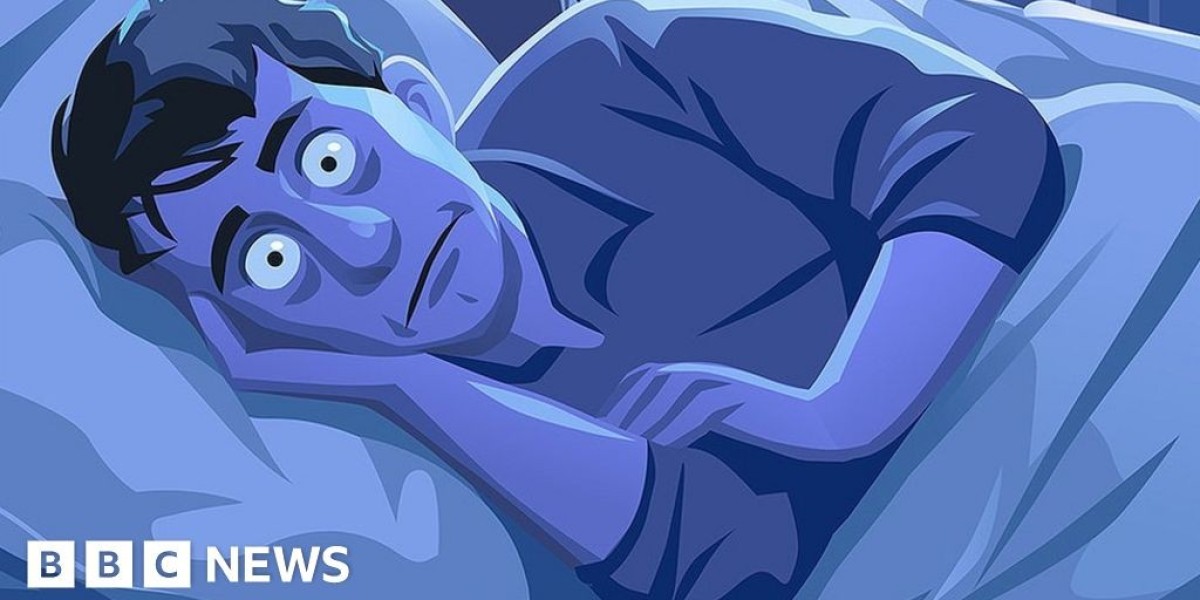In today's fast-paced, always-connected world, insomnia has become a widespread issue affecting millions globally. The sleepless society we live in is often the result of modern lifestyles that prioritize productivity over rest, entertainment over peace, and connectivity over disconnection. Insomnia, commonly referred to as the inability to fall or stay asleep, may seem like a minor inconvenience, but its far-reaching impacts on both physical and mental health are significant and often underappreciated.
The Rise of Insomnia in Modern Society
In recent decades, insomnia has been on the rise. Technological advancements, changing work dynamics, and shifts in social expectations have contributed to the growing prevalence of sleep disorders. The omnipresence of screens—television, smartphones, tablets—plays a major role in disrupting the natural sleep-wake cycle, or circadian rhythm. Blue light emitted from these devices suppresses melatonin production, a hormone that regulates sleep, making it difficult to unwind before bed.
Moreover, the demands of modern work culture often blur the lines between professional and personal life. The pressure to be available 24/7, even after normal working hours, has disrupted the natural rhythm of rest, causing many to skimp on sleep. Stress from work-related responsibilities, coupled with personal commitments, further exacerbates the problem. Many turn to caffeine, energy drinks, or other stimulants to stay alert during the day, creating a vicious cycle where the body struggles to find rest even when it craves it.
Social media and the constant influx of information also contribute to an overstimulated mind. Fear of missing out (FOMO), anxiety triggered by online interactions, and the endless consumption of content hinder the mind’s ability to relax, making it difficult for individuals to “switch off” when it’s time for bed.
The Physical Health Consequences of Insomnia
Sleep is essential for the body to repair itself and maintain optimal functioning. When sleep is disrupted or reduced, the body suffers. Chronic insomnia has been linked to a range of serious physical health problems, from cardiovascular issues to metabolic disorders.
Heart Disease:
Insomnia has been associated with an increased risk of heart disease and stroke. During sleep, the heart rate slows, and blood pressure drops, providing the cardiovascular system with much-needed rest. Insufficient sleep forces the heart to work harder for extended periods, raising the risk of hypertension, heart attacks, and other cardiovascular conditions.
Obesity and Diabetes:
A lack of sleep disrupts the body's metabolism and can lead to weight gain. Sleep deprivation impacts the hormones that control hunger—leptin and ghrelin—causing increased appetite and cravings for unhealthy foods. Furthermore, poor sleep is linked to insulin resistance, increasing the risk of developing type 2 diabetes.
Weakened Immune System:
Sleep is critical for the immune system to function properly. When we sleep, our body produces and releases cytokines, proteins that help fight infection and inflammation. Chronic insomnia weakens the immune response, making the body more susceptible to infections, illnesses, and prolonged recovery times.
Increased Risk of Cancer:
Emerging studies have suggested a link between insomnia and certain types of cancer, particularly breast and prostate cancer. This is thought to be related to the disruption of the body’s circadian rhythm and the prolonged exposure to stress hormones like cortisol, which can promote cancerous cell growth.
The Mental Health Toll of Insomnia
Equally concerning as the physical health effects are the psychological consequences of insomnia. The brain relies on sleep to process information, consolidate memories, and regulate emotions. A chronic lack of sleep can lead to a range of mental health issues, many of which further worsen the cycle of insomnia.
Depression and Anxiety:
Insomnia and mental health disorders like depression and anxiety often go hand in hand. Sleep deprivation affects the balance of neurotransmitters in the brain, impairing mood regulation and making individuals more prone to negative emotions. Conversely, stress and anxiety often make it difficult to fall asleep, creating a vicious cycle that is hard to break.
Cognitive Decline:
Sleep is essential for cognitive functions such as attention, problem-solving, and memory. Insomnia impairs these processes, leading to difficulties in concentration, decision-making, and learning. Long-term sleep deprivation has been linked to cognitive decline and even an increased risk of neurodegenerative diseases like Alzheimer's.
Mood Disorders:
Persistent lack of sleep can lead to irritability, mood swings, and even increased aggression. This impacts relationships, work performance, and overall quality of life. Individuals with insomnia may feel frustrated by their inability to sleep, which can worsen feelings of helplessness and hopelessness.
The Social and Economic Costs of Insomnia
The impacts of insomnia extend beyond individual health, permeating society at large. Sleep-deprived individuals are more prone to accidents, both at work and on the road. The National Highway Traffic Safety Administration in the U.S. estimates that drowsy driving causes thousands of accidents each year, many of them fatal.
Work productivity also suffers as a result of insomnia. Employees who experience chronic sleep problems are more likely to take sick days, experience burnout, and underperform. The economic costs associated with insomnia, including healthcare expenses, loss of productivity, and accidents, are estimated to be in the billions annually.
Breaking the Cycle
Addressing insomnia requires a multifaceted approach. Cognitive behavioral therapy for insomnia (CBT-I) has proven to be an effective treatment by helping individuals change negative thought patterns and behaviors that interfere with sleep. Additionally, lifestyle changes such as reducing screen time before bed, creating a consistent sleep routine, and practicing relaxation techniques can improve sleep quality.
For those who suffer from chronic insomnia, seeking help from a healthcare professional is essential. Treating underlying conditions such as anxiety, depression, or sleep apnea can greatly improve sleep patterns and overall health.
Conclusion
The sleepless society we live in today is not merely a byproduct of modern life; it is a growing public health crisis. The hidden health impacts of insomnia, from cardiovascular disease to mental health disorders, highlight the importance of addressing sleep problems early. By understanding the serious consequences of chronic sleep deprivation and taking steps to prioritize sleep, we can begin to mitigate the widespread effects of insomnia and improve the well-being of individuals and society as a whole.







